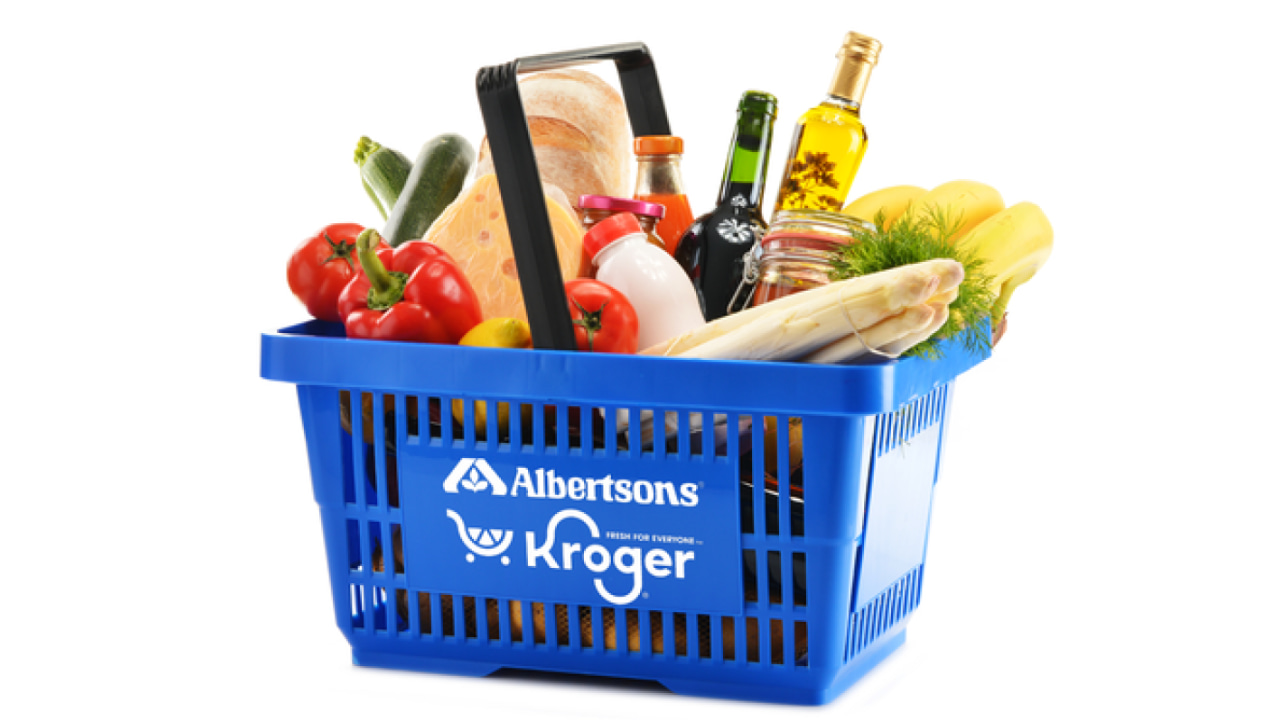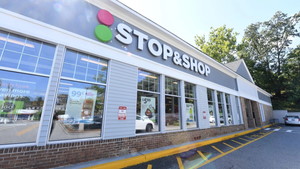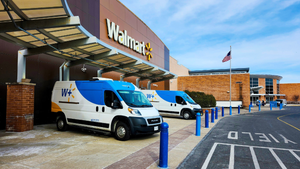Albertsons’ lawsuit: Kroger acted in its own ‘best interests,’ fouling $24.6B merger bidAlbertsons’ lawsuit: Kroger acted in its own ‘best interests,’ fouling $24.6B merger bid
In court documents unsealed Monday, Albertsons claimed Kroger derailed the merger after suffering “buyer’s remorse”

Kroger made several missteps in its proposed $24.6 billion merger with Albertsons, including drawing up an inadequate divestiture plan and acting in its own best interests to derail the deal after suffering “buyer’s remorse,” according to a lawsuit filed by Albertsons against the Cincinnati-based grocer that was unsealed Monday.
Judges in Oregon and Washington rejected the proposed merger on Dec. 10, siding with the Federal Trade Commission (FTC) to stop the deal because it would limit grocery competition. A decision in the third antitrust case in Colorado has not yet been announced.
In the lawsuit, originally filed last week, Albertsons said Kroger repeatedly violated a promise in the merger agreement to exercise “best efforts” toward getting the deal approved, and, in the face of any threatened regulatory action to block the merger, to take “any and all actions” necessary to “eliminate each and every impediment” to closing the deal.
Albertsons claimed Kroger failed to uphold these obligations on several occasions, most notably when assembling a divestiture plan.
Albertsons alleged that Kroger turned away potential divestiture buyers with long track records in running large-scale retail grocery businesses and instead selected C&S Wholesale Grocers, a bidder whose primary experience is as a wholesaler. About 60 potential bidders signed non-disclosure agreements to begin talks with Kroger in the first half of 2023. The lawsuit redacted the name of one large-scale grocery competitor interested in the deal.
“Putting a serious divestiture offer on the table right from the start would have made FTC staff reluctant to recommend blocking the merger and would have provided a solid platform for negotiating a solution,” the lawsuit stated. “Kroger chose not to do this.”
Kroger refuted the allegations, calling Albertsons’ claims baseless and without merit.
“This is clearly an attempt to deflect responsibility following Kroger’s written notification of Albertsons’ multiple breaches of the agreement, and to seek payment of the merger’s break fee, to which they are not entitled,” Kroger said in an emailed statement to Supermarket News. “Kroger looks forward to responding to these baseless claims in court. We went to extraordinary lengths to uphold the merger agreement throughout the entirety of the regulatory process and the facts will make that abundantly clear.”
Kroger initially decided to divest only 238 stores, a third of the 650-store recommendation in the merger agreement. In early meetings with the FTC, the lawsuit claims, “Kroger could not even answer basic questions about the economic analysis underlying its proposal or the principles behind the selection of stores to be divested.”
Kroger cherry-picked the stores for divestiture based on their poor performance, rather than to address the FTC’s concerns about localized store concentration, the lawsuit said.
C&S, the divestiture partner selected by Kroger, faced heightened scrutiny by the FTC because it had sold numerous retail locations in the early 2000s and 2010s, just a few years after purchasing them, according to the lawsuit.
Kroger, according to the court documents, also selected the divestiture partner without informing Albertsons of stronger bidders.
Kroger’s initial Asset Purchase Agreement (APA) listed 413 C&S stores, many chosen based on Kroger’s financial interests rather than the required objective and neutral economic analysis, the lawsuit claimed. The APA also failed to include the non-store assets that Kroger knew any potential buyer—and the FTC—would view as essential to making the divested stores competitive.
After the FTC informed Kroger that its 413-store offer was “woefully inadequate,” Kroger increased the list to 579 stores, still below the 650-store recommendation in the merger agreement.
“That 579-store package remained highly vulnerable to attack by antitrust regulators,” the lawsuit said. “Even Kroger’s own economics expert could not fully justify the package and was forced to concede at trial in the FTC’s enforcement action that the merger was presumptively anticompetitive in nearly two dozen markets.”
The lawsuit also highlighted several instances in which Kroger failed to keep Albertsons informed of issues and ignored advice from the Boise, Idaho-based grocer.
Ultimately, the lawsuit claimed Kroger derailed the merger after suffering from “buyer’s remorse.”
“Kroger later had second thoughts following a negative market reaction to the merger and falling post-pandemic profits, deciding it would only go through with the deal, if at all, on terms far more advantageous to Kroger than those for which it had bargained,” the lawsuit said.
Albertsons is seeking a ruling that Kroger “willfully breached” the merger agreement, as well as unspecified damages to the company and its stockholders, to be determined at trial, along with a $600 million break fee outlined in the merger agreement.
“As a direct result of Kroger’s willful breaches, Albertsons’ stockholders suffered billions of dollars in damages, and the American public suffered the loss of a supermarket option offering lower prices and increased choice,” the lawsuit noted.
Kroger operates just over 1,250 locations in the U.S. Albertsons has just under 380.
About the Author
You May Also Like






